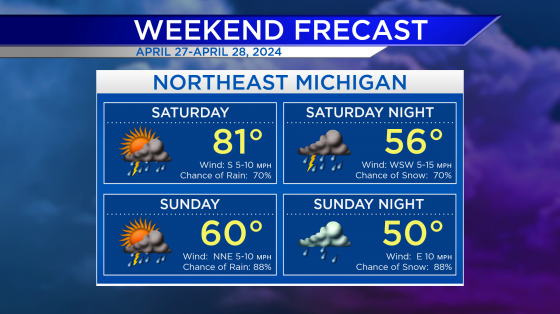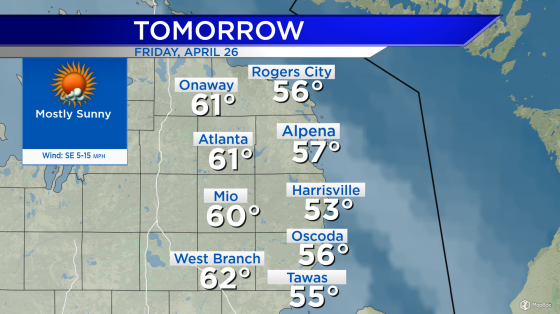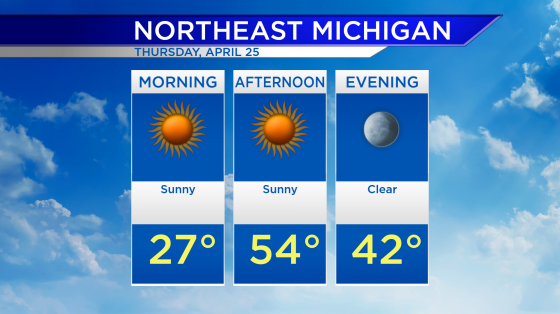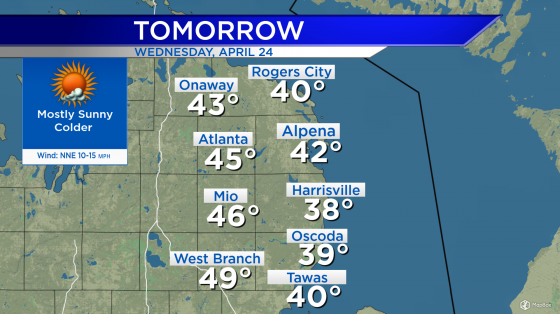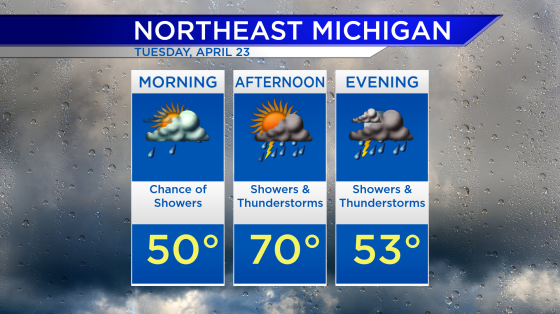Winter Weather Pet Safety
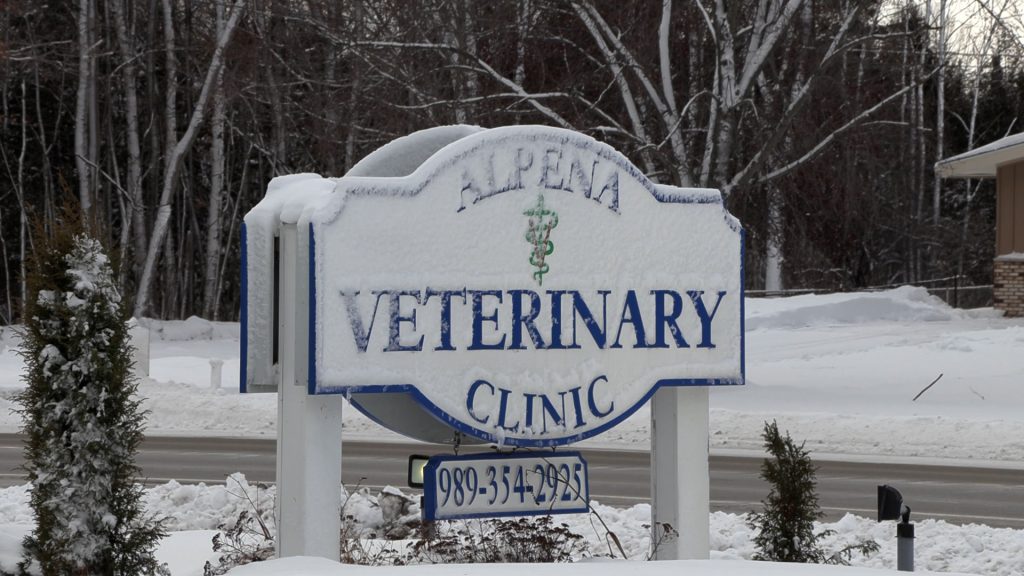
With temperatures dipping this past week, preventing hypothermia with your animals is a rising concern across the region. Dr. Jack of Alpena Veterinary Clinic gives guidance for insuring they’re safe and sound by first giving them shelter. Laurie Hein, known as Dr. Jack, veterinarian at Alpena Veterinary Clinic, elaborates, “It needs to be a dry shelter. They can’t be in a place that has three walls but the floor is wet, because then they’re always wet then too. So we want to have dryness so if pets do have to stay outside, as long as you can provide them shelter for them from the wind and weather, they’re going to be OK.”
It is critical that they also have access to food and water, and that it isn’t frozen. Heated water bowls can be a great resource to accomplish this and Dr. Jack also warns that while many use space heaters for goats and chickens, having traditional space heaters in barns can lead to a fire risk. Many animals also need more food in the winter to aid in keeping their bodies warm.
Despite the snow, pets still need exercise. It’s recommended to ease into time spent outside so they can acclimate to the chillier temperatures. “So, if they’re used to being in the house lying on the couch, you don’t want to take them out for a five mile run in four degree weather,” said Dr. Jack. “However, if they’ve been acclimated to the weather, they’re going to be as comfortable as you are out there. If the air starts to burn your throat and your lungs, it’s going to do the same thing to them, so then you need to cut your walk or run short.”
After taking your pups for adventures, it’s important to wash their paws to prevent salt and other debris from damaging their paws or consider booties. There are also products you can apply to keep their feet protected against the elements and help avoid snow stickage. “If you’re trying to go on a two mile run, possibly they’re acclimated to the temperature but they just can stand that much cold on their feet, so then, you’d put booties on them,” said Dr. Jack. “And you’d see them start to pick up their feet when you’re with them outside and that’s when they’d indicate that they need extra help.” In addition, if your pet is shaved, it will likely need additional help to stay warm in the winter, such as a coat. As with humans, be sure to check in with your pet to see how they’re feeling in colder temperatures. If they’re shivering, keeping paws lifted, or showing behavioral signs of distress, these can indicate that your animal is a bit too cold.

